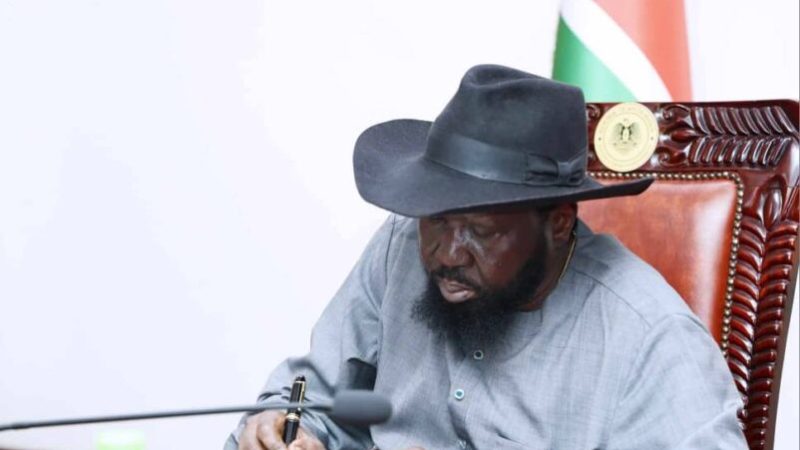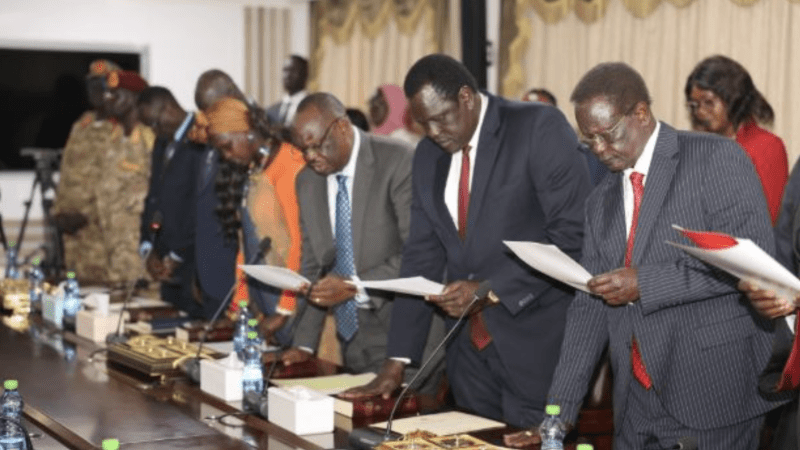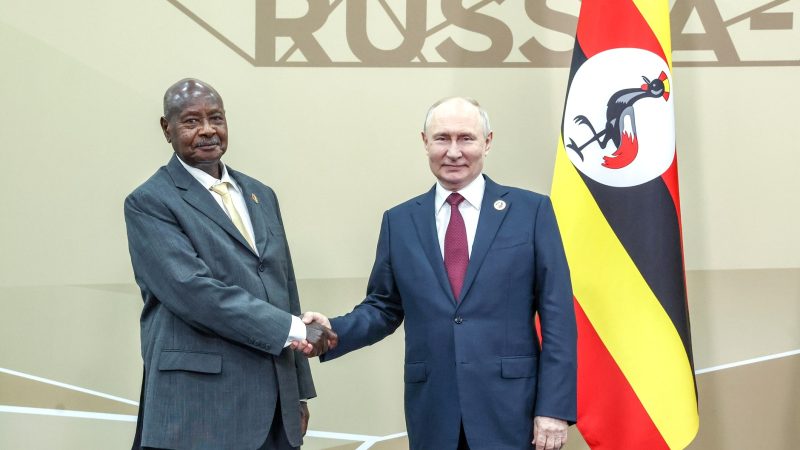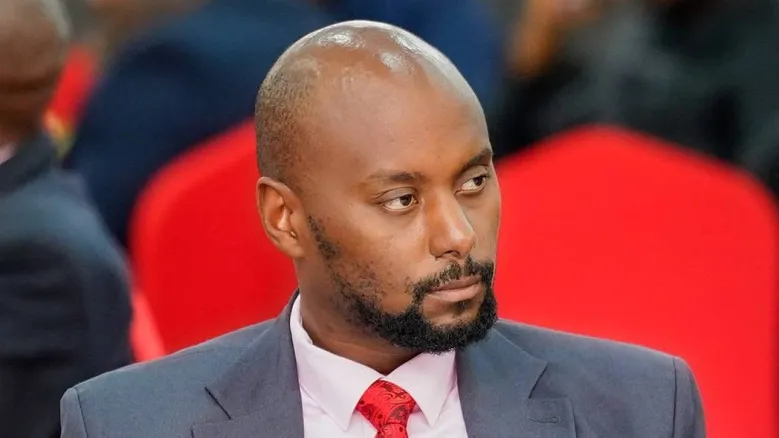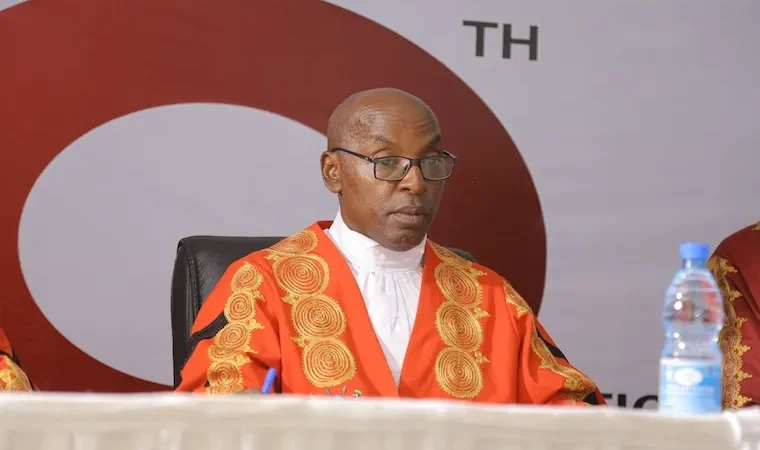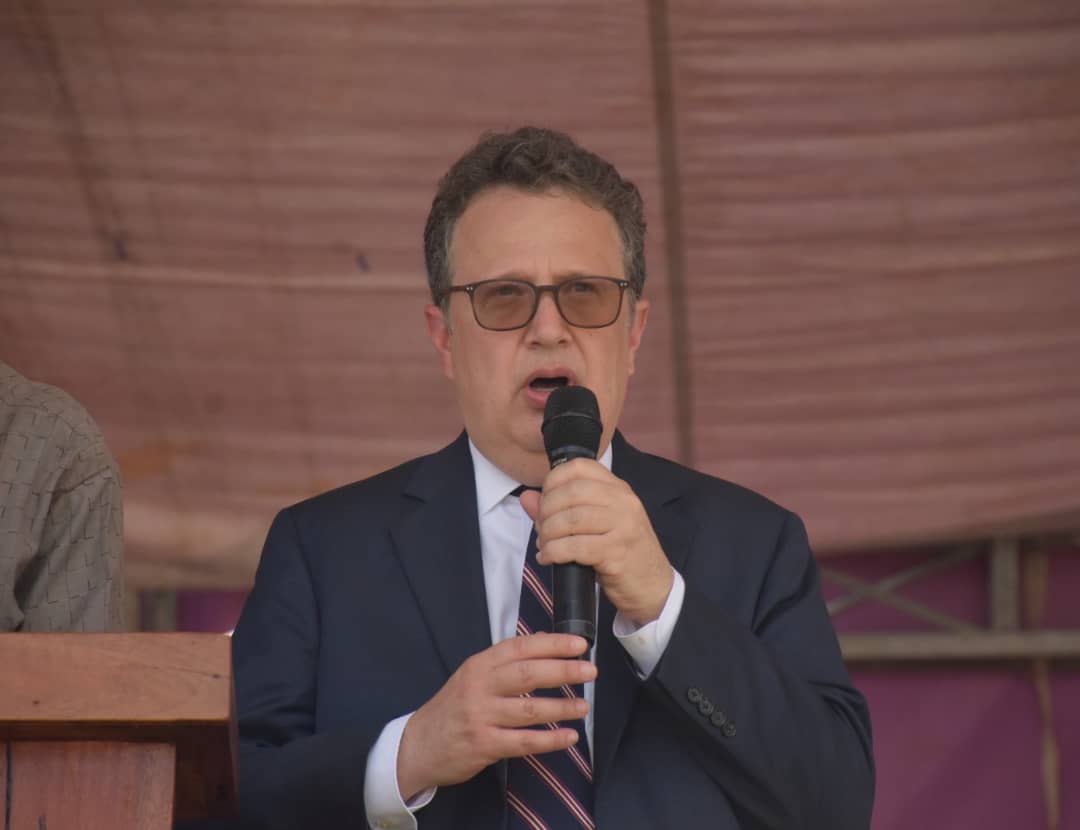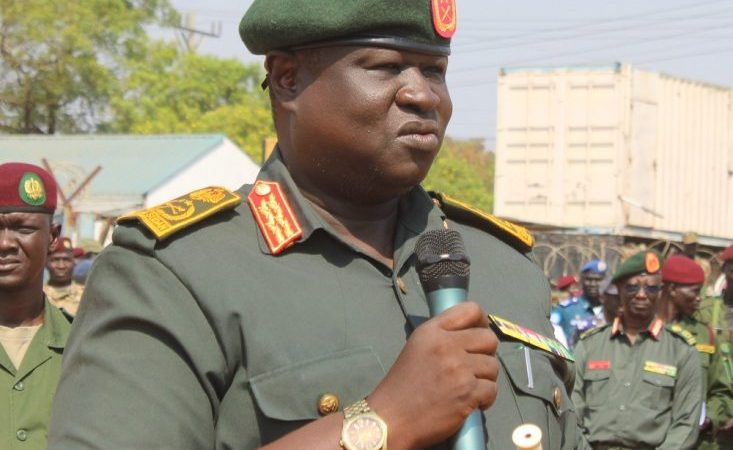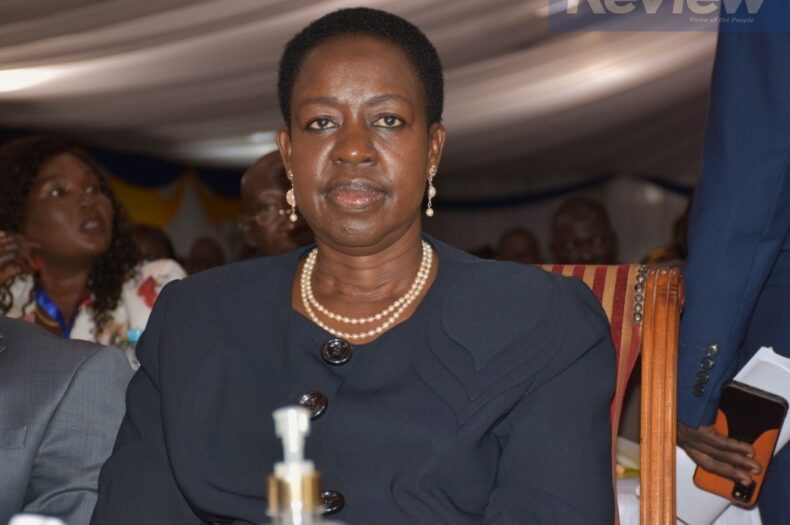The U.S government on Friday announced the release of 57 million dollars to support humanitarian response efforts in the country, as it struggles to provide assistance to about 9 million vulnerable people in the country.
Michael Adler, U.S Ambassador to South Sudan said in a statement issued in Juba, said this additional humanitarian assistance is part of the total $351 million provided this year.
“United States support for the South Sudanese people is enduring. It manifests itself in a number of ways, including through needs-based, life-saving humanitarian assistance. As part of that support, today I am announcing more than $57 million in additional humanitarian assistance to address urgent needs of crisis-affected people in South Sudan,” said Adler on the eve of the 248th independence anniversary of the United States.
Washington has provided nearly $7.3 billion in terms of assistance to South Sudan since 2011.
Adler said the support from the U.S remains based on values, including conviction that the people of South Sudan should have peace, human rights, democracy, and a government responsive to their needs.
He also revealed that they intend to provide additional support in the coming months, including $100 million in food aid in partnership with the U.S. Department of Agriculture.
“Our objective should not be more assistance provided, but partnership: a partnership that benefits all the people of South Sudan and helps advance the conditions for a better future for all,” said Adler.
The envoy called on the transitional government to increase its own contribution to assist the 9 million vulnerable South Sudanese people, including the more than 700,000 people, mostly South Sudanese, who have fled from Sudan since April 15th, 2023.
Adler called for the consistent implementation of the transitional government’s commitment to fully enforce exemptions from taxes, duties, and fees for the United Nations Mission in South Sudan, UN specialized agencies, diplomatic missions, and other international donors and their contractors and implementing partners in South Sudan.
“It is time to stop talking about our bilateral relationship in terms of what more the U.S. government should fund in South Sudan, and to start talking about what our two governments can do together as partners to help the South Sudanese people,” he said.


